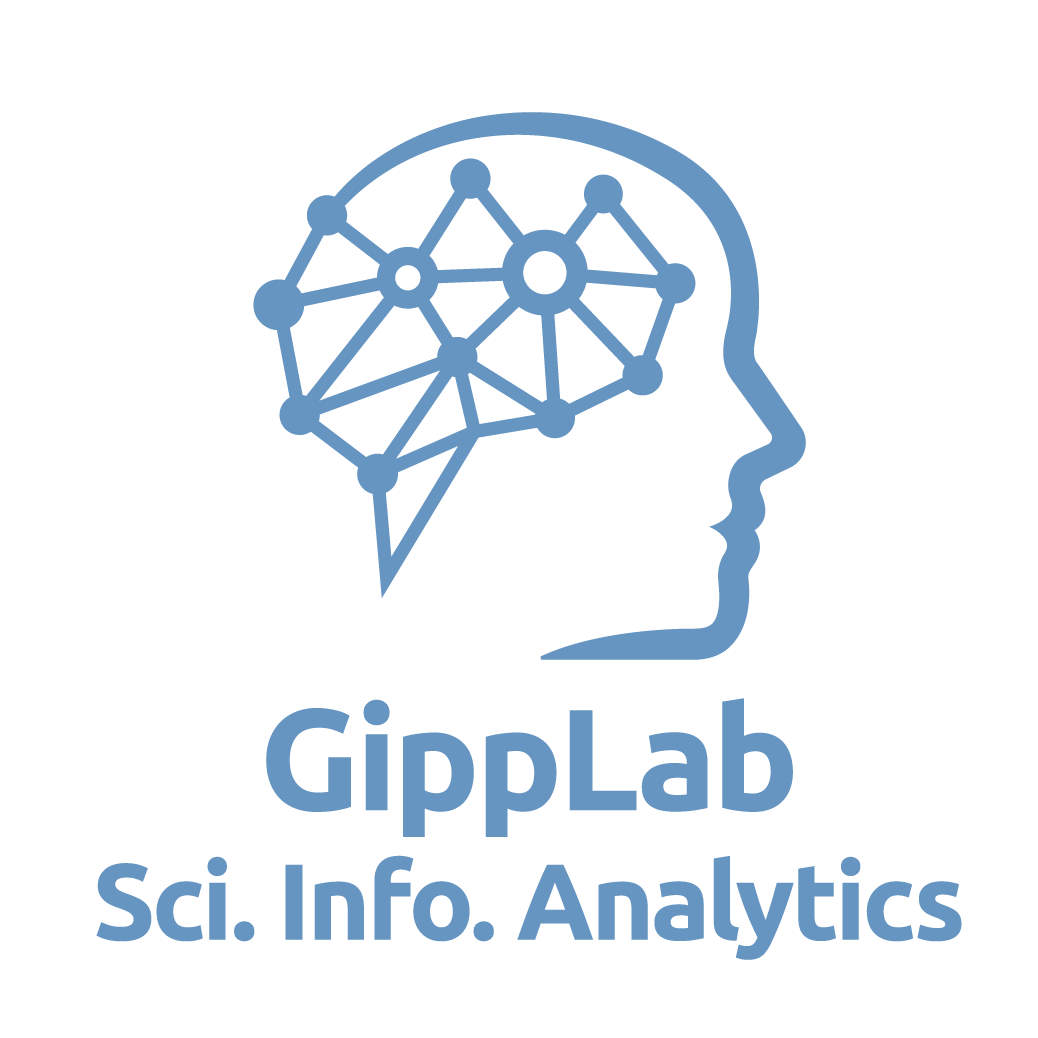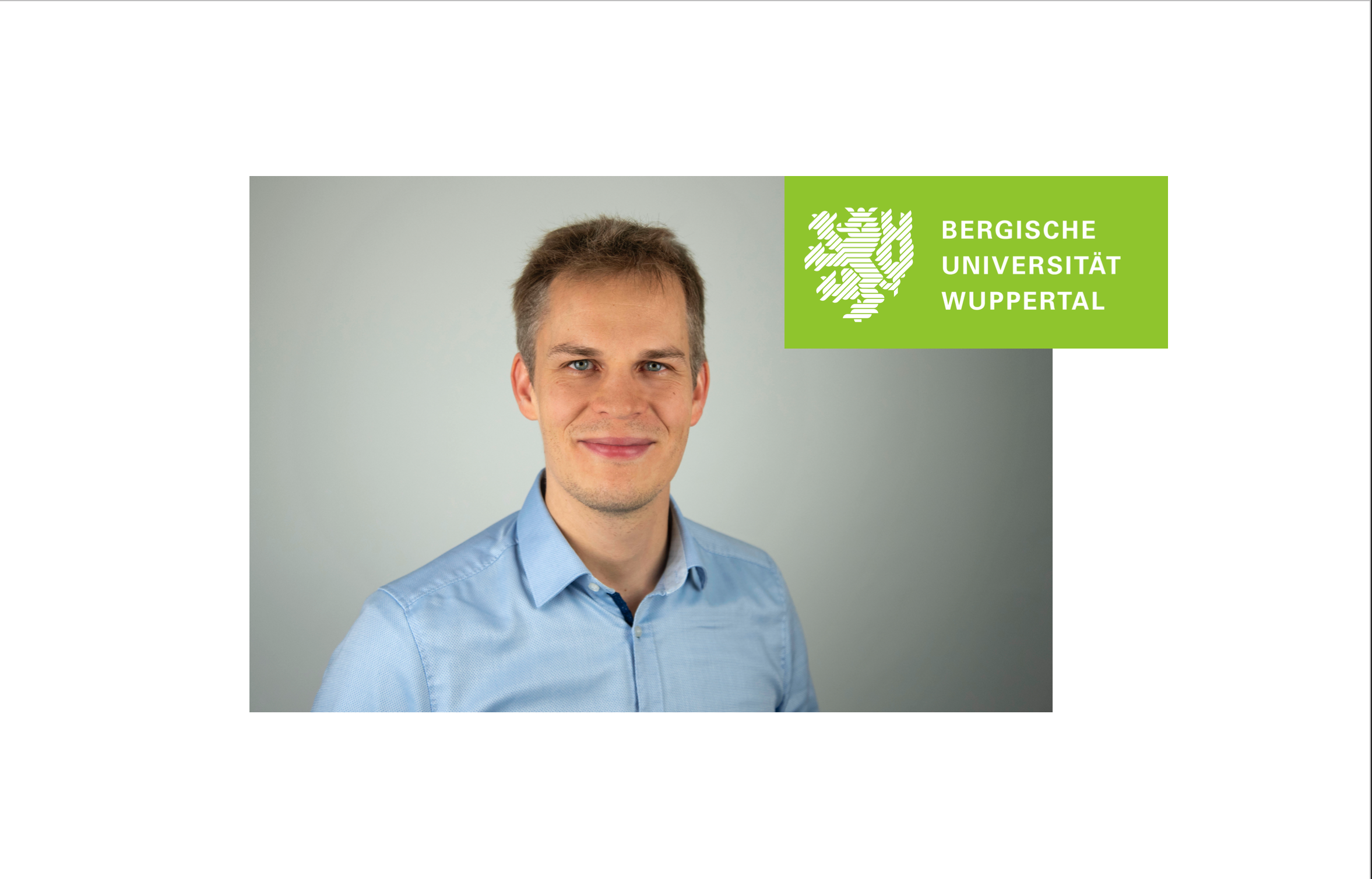Dr. Bela Gipp, previously Junior-Professor of Information Science at the University of Konstanz, has been appointed Professor for Data & Knowledge Engineering at the University of Wuppertal.
You can find the German press release here.
At the School of Electrical, Information and Media Engineering, Prof. Gipp focuses on data analysis, the extraction and visualization of information from large databases, and Intelligent Information Systems. Another field he is passionate about, is the research and development of applications using blockchain technology and examining how these applications can benefit science and society.
Bela Gipp completed his graduate studies in Computer Science at the University of Magdeburg – with stays abroad in Sydney, Beijing, and Berkeley. During his doctoral studies, he spent most of his time at the University of California, Berkeley. In his doctoral thesis, Gipp developed a method and system for citation-based document analysis, which finds application in the field of plagiarism detection. After postdoctoral research stays at UC Berkeley and the National Institute of Informatics in Tokyo, Gipp was appointed to the University of Konstanz in 2015. There, he established the research group Information Science, which he grew into a team of twelve doctoral students and two postdocs within three years.
“My four years in Berkeley were strongly influenced by the proximity to Silicon Valley,” says Gipp. This proximity to the innovation capital in California is also reflected in Gipp’s various research-related spin-offs. For example, he was a co-founder of a startup that developed bibliographic management solutions for students and researchers. “Today, the software is used by around 50,000 researchers for knowledge management and the organization and preparation of scientific texts,” says Gipp. Another research project resulted in the founding of OriginStamp AG. The company develops a web application that makes use of blockchain technology to prove that digital content, such as photos or videos, but also data from Industry 4.0 applications, are secured with a time stamp that – in hindsight – cannot be changed. Gipp explains the benefits of using blockchain by stating that “the manipulation or censorship of the data is thus virtually impossible.”
“Transforming research results into marketable solutions, together with colleagues, employees, or industry partners, is something I have enjoyed ever since my youth,” says Gipp. As a teenager, he won the competition “Jugend Forscht” (national youth research competition) three times at state-level. He made news headlines, for example, with the project “GSM Guardian Angel”. This was a system for mobile phones, which automatically detected and located traffic accidents and called an ambulance. After “Jugend Forscht”, the project won several prizes at business plan competitions and culminated in Gipp’s first company. In 2004, the company was sold to a US investor. Today, the idea underlying the GSM Guardian Angel is implemented by the emergency calling system “eCall”, which has become a mandatory safety feature for all new vehicles registered in the EU.
Today, Bela Gipp supports the Jugend Forscht Foundation as a jury member in the Computer Science field. He also mentors students from STEM-fields, who are interested in founding their own start-up.



